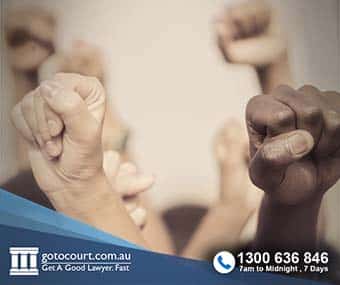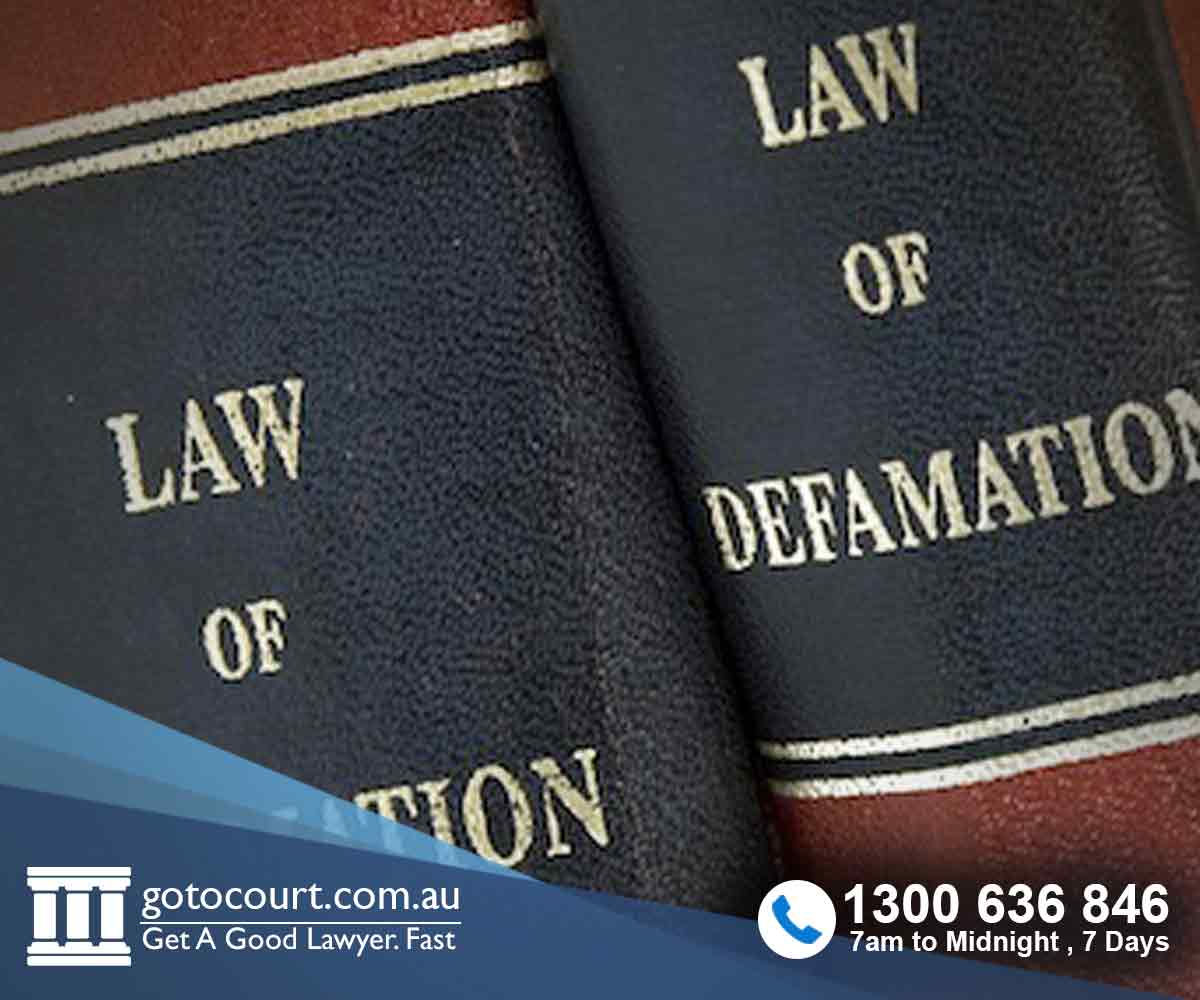Client Legal Privilege
Client Legal Privilege
Client legal privilege is a common law right that allows people to obtain confidential legal advice. It protects legal advice given to a client (advice privilege) and communications relating to potential litigation (litigation privilege). Legal professional privilege belongs to the client, not to the lawyer. A lawyer may only disclose privileged information if clearly instructed to do so by the client. Legal professional privilege exists both to protect the client’s rights and to facilitate the administration of justice.
The client’s rights
Lawyer-client privilege is a fundamental individual right, based on the right to privacy and protection from the state. In the 1983 decision of Baker v Campbell, Dean J said:
“That general principle represents some protection of the citizen – particularly the weak, the unintelligent and the ill-informed citizen – against the leviathan of the modern state. Without it, there can be no assurance that those in need of independent legal advice to cope with the demands and intricacies of modern law will be able to obtain it without the risk of prejudice and damage by subsequent compulsory disclosure on the demand of any administrative officer with some general statutory authority to obtain information or seize documents.”
In other words, lawyer-client privilege is necessary to empower individuals to understand and negotiate their position in the legal system. If client legal privilege did not exist, people would be reluctant to seek legal advice. The right to confidential legal advice is sometimes considered a human right.
The administration of justice
Client legal privilege is crucial to the Australian legal system. The administration of justice requires clients to be able to communicate freely with the lawyers, without fear of disclosing everything relevant to the advice they are seeking. Without the privilege, legal proceedings could be delayed or miscarried as lawyers could be unable to properly represent their clients and bring relevant matters before the courts. It is in the interests of society for people to seek legal advice about their affairs and to feel free to disclose all the relevant facts when doing so.
Lawyers must encourage compliance with the law as they have a paramount duty to the courts and the administration of justice. Lawyers play an important role by advising clients on their legal obligations and identifying potential breaches.
Legislation
The common law right to client legal privilege has been codified in the Commonwealth Evidence Act 1995. Section 118 of the Commonwealth Evidence Act provides that evidence is not to be given if adducing the evidence would result in disclosure of:
- A confidential communication made between the client and a lawyer; or
- A confidential communication made between two or more lawyers acting for the client; or
- The contents of a confidential document (whether delivered or not) prepared by the client or the lawyer;
for the dominant purpose of the lawyer, or one or more of the lawyers, providing legal advice to the client.
Section 119 provides that a client may object to evidence being adduced if it would result in the disclosure of any of the above.
What does client legal privilege mean?
Client legal privilege means that confidential communications between a lawyer and a client cannot be compulsorily produced in court or in response to a subpoena. It also means that a lawyer cannot disclose privileged client information to a third party unless specifically authorised to do so by the client, or unless privilege has been lost, waived or does not apply.
Exceptions to client legal privilege
There are several situations where client legal privilege is lost, waived or does not apply.
Client waives privilege
Client legal privilege can be waived expressly or implicitly by a client.
An example of the express waiver of privilege is where the client provides consent for their information to be disclosed to a third party. A common example of this is when a client signs a consent form authorising their lawyer to provide their details to a rehabilitation facility to try to obtain a place for the client in a program, or to a psychologist in order to obtain an assessment.
Implied waiver of privilege may occur where a client acts inconsistently with the information being privileged, such as by speaking publicly about the matter.
Waiver can also occur where a client argues that they relied on legal advice provided. The court must then consider the legal advice that was received.
Statutory exclusions
Legislation can alter or remove client legal privilege.
Illegal purposes
Client legal privilege does not apply to communications made to facilitate illegal or improper purposes.
If you require legal advice or assistance in any legal matter, please contact Go To Court Lawyers.

Affordable Lawyers
Our Go To Court Lawyers will assist you in all areas of law. We specialise in providing legal advice urgently – at the time when you need it most. If you need a lawyer right now, today, we can help you – no matter where you are in Australia.How It Works




1. You speak directly to a lawyer
When you call the Go To Court Legal Hotline, you will be connected directly to a lawyer, every time.

2. Get your legal situation assessed
We determine the best way forward in your legal matter, free of charge. If you want to go ahead and book a face-to-face appointment, we will connect you with a specialist in your local area.

3. We arrange everything as needed
If you want to go ahead and book a fact-to-face appointment, we will connect you with a specialist in your local area no matter where you are and even at very short notice.






















